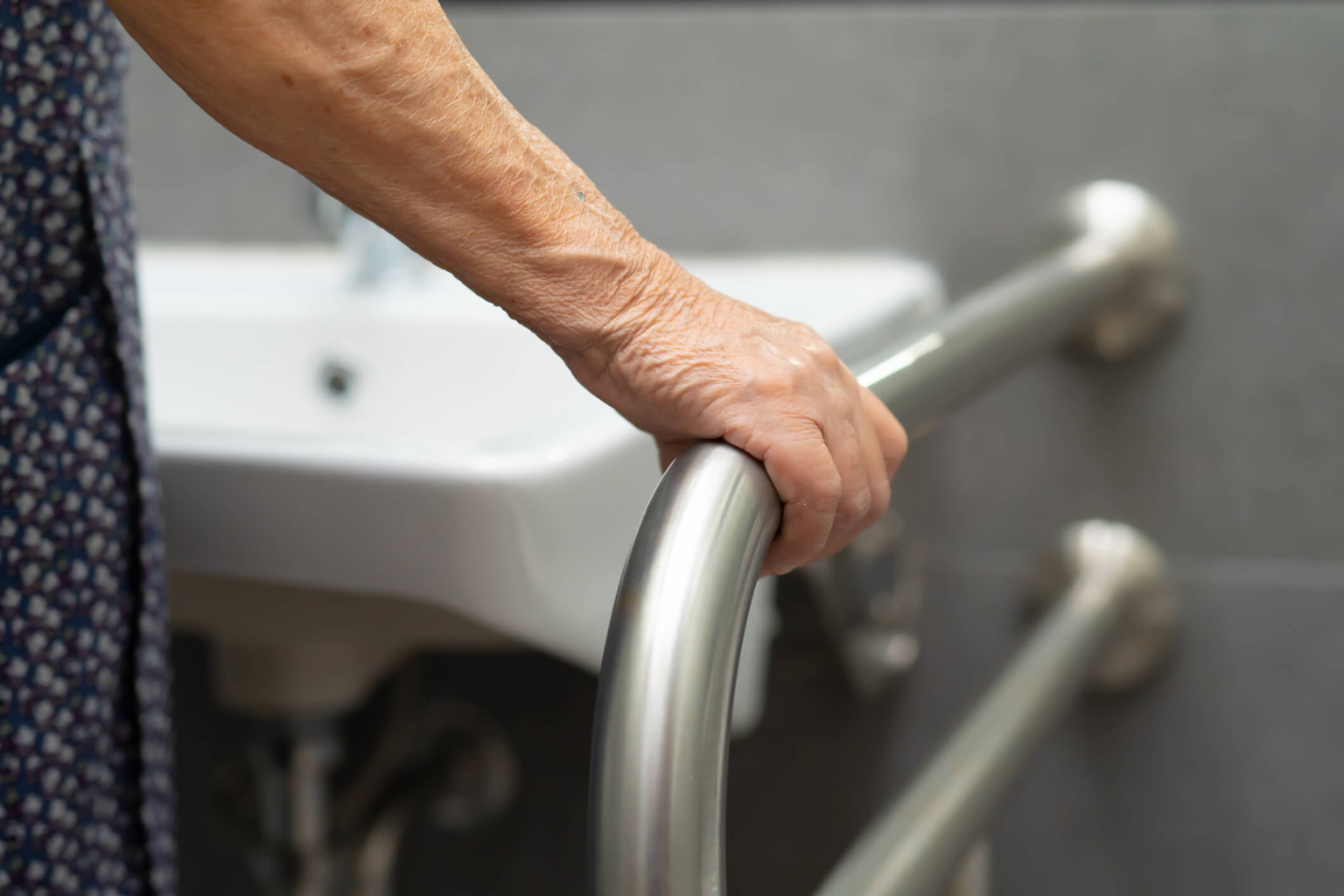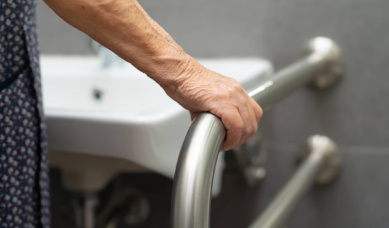Can NDIS Help With Housing?
Yes, the NDIS can help with housing.
The National Disability Insurance Scheme (NDIS) is a government-funded initiative aimed at providing support and services for people with disabilities in Australia. It is designed to provide individuals with the necessary tools and resources to help them live independently and achieve their goals.
One of these essential aspects of life that the NDIS recognises is the importance of housing.
For people with disabilities, finding the right home with the necessary adjustments and support can be a significant challenge. It’s because of this the NDIS offers various types of housing support, such as:
- home modifications
- personal care
- household duties
- capacity building supports
These supports can make a significant difference in the lives of people with disabilities, helping them to live independently and safely in their homes.
Types of NDIS Housing Supports
Specialist Disability Accommodation (SDA)
Specialist Disability Accommodation, or SDA, is a type of NDIS Housing support designed for people with very high support needs or extreme functional impairment.
SDA houses are built to include accessible features and specialised designs to help people with disabilities live more independently and receive support more safely and efficiently.
To be eligible for SDA funding, individuals must meet specific NDIS criteria, including:
- having very high support needs or extreme functional impairment
- meeting the requirements of Specialist Disability Accommodation needs within the NDIS funding criteria
- undergoing an assessment by registered NDIS SDA Assessors.
SDA is a vital component of NDIS housing support that provides individuals with a safe and suitable living environment.
Supported Independent Living (SIL)
Supported Independent Living, or SIL, is another type of NDIS Housing support that aims to help people with disabilities live in their homes or shared homes with others. SIL provides assistance and supervision with personal care, such as showering and dressing, as well as household duties like cooking and cleaning.
The support provided under SIL is designed to help individuals build their skills and become more independent through regular, consistent, and frequent assistance from a support person. This may be shared support with other residents, or one-to-one support, depending on the individual’s needs and circumstances.
SIL assessments are conducted by registered NDIS SIL assessors who can come to the individual’s home to determine their eligibility for SIL funding. SIL support is an essential part of NDIS Housing support that helps people with disabilities to live independently and achieve their goals.
Independent Living Options (ILO)
Individual Living Options, or ILO, is another type of NDIS Housing support that provides alternative ways of supporting and funding living arrangements for NDIS participants.
ILO funding allows individuals with disabilities to choose their preferred living arrangements, such as living:
- with friends
- in a shared house,
- in a host environment that aligns with their needs and support networks.
ILO support can include housing design and other support services that help clients live more independently. The NDIS provides ILO funding in two stages: exploration and design, where an assessment is done to determine the client’s preferences and needs, followed by the implementation of the supports required to help the client live the way they want and achieve their goals.
ILO support is an essential part of NDIS Housing support that provides individuals with disabilities with alternative living arrangements and greater control over their living environment.
Short and Medium-Term Accommodation (STA and MTA)
Short-Term Accommodation (STA) and Medium-Term accommodation (MTA) are types of NDIS Housing support that provide temporary accommodation for individuals with extreme functional impairment or very high needs. STA and MTA can include SDA accommodation, or they may be provided to individuals awaiting SDA, awaiting home modifications, or more permanent accommodation.
The difference between short and medium-term accommodation is:
- STA can be provided for up to 90 days
- MTA can be provided for up to six months
Both types of accommodation can be provided in a range of settings, such as a hotel, guesthouse, or other types of accommodation that meet the participant’s specific needs.
The goal of STA and MTA is to provide a safe and secure temporary housing solution while individuals await permanent accommodation or while they receive necessary support services to enhance their independence and quality of life.
Home modifications
Home modifications are a type of NDIS Housing support that involves making changes to the structure, layout, or fittings of an individual’s home to enhance their safety, accessibility, and comfort. These modifications may include the installation or modification of things like:
- Ramps
- Grab rails
- Stairlifts
- Doorway widening
- Kitchens – e.g. making a bench accessible for a wheelchair user
- Bathrooms – e.g. removing a shower over the bath and designing a step-less shower
Home modifications are designed to help people with disabilities live more independently and safely in their homes, reducing the risk of accidents and injuries. By making necessary adjustments, individuals can move around their homes more easily and access the necessary areas without any assistance.
How to get NDIS housing support
If you or someone you know has a disability and is looking for assistance in finding suitable housing or modifying their current home, the National Disability Insurance Scheme (NDIS) may be able to provide support.
- Check your eligibility: The NDIS provides support to people with a permanent and significant disability. To check your eligibility, you can visit the NDIS website or contact the NDIS directly.
- Get an NDIS plan: If you are eligible for the NDIS, you will need to get an NDIS plan. This is a document that outlines the support and services you need to help you achieve your goals.
- Determine your housing support needs: As part of the NDIS planning process, you will need to identify your housing support needs. This may include the need for home modifications, personal care support, or specialised accommodation like SDA.
- Work with a support coordinator: A support coordinator can help you navigate the NDIS system and connect you with housing support services in your area.
- Apply for housing support: Once you have identified your housing support needs, you can apply for funding from the NDIS to access housing support services. You will need to provide evidence of your disability and housing support needs, and this will be used to determine the level of funding you are eligible for.
- Choose a housing support provider: Once your funding has been approved, you can choose a housing support provider to help you access the services you need. Your support provider will work with you to develop a plan for your housing support, and they will help you access the services you need to live independently in your home.
These are the basic steps to get NDIS housing support. It is important to note that the process may vary depending on your circumstances, and it can be helpful to work with a support coordinator or a registered NDIS provider to ensure that you are accessing the services you need to achieve your goals.
Help with NDIS housing supports
If you or a loved one needs NDIS-approved housing support, don’t hesitate to reach out to Connect2Care. Our team of professionals is dedicated to providing tailored support and guidance to ensure that our clients find the right housing option that meets their unique needs and goals.
We are here to help you through every step of the process– from identifying the right housing option to modifying it to meet your needs and providing ongoing support to ensure your satisfaction.
Contact us today to learn more about our NDIS housing support services.











